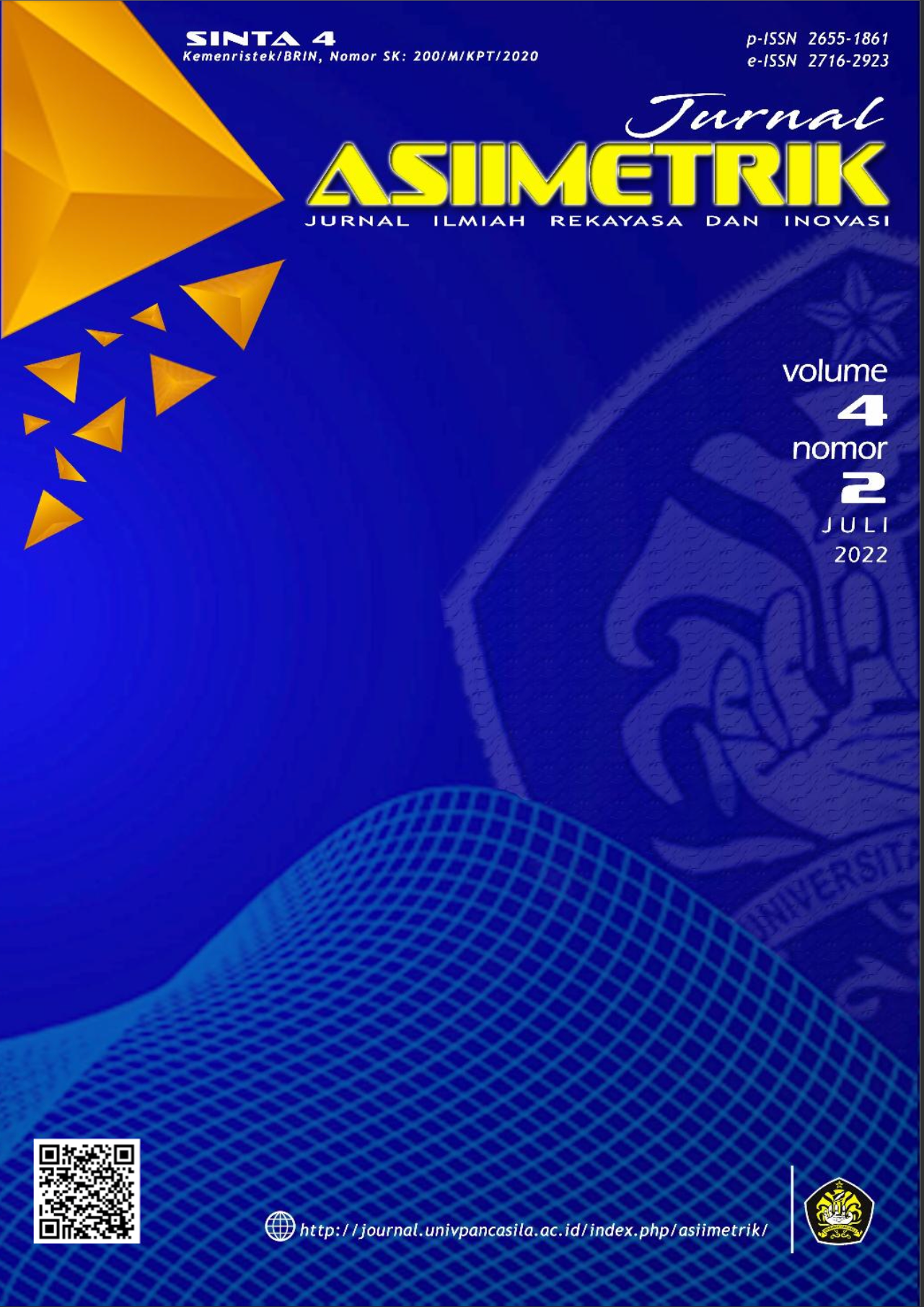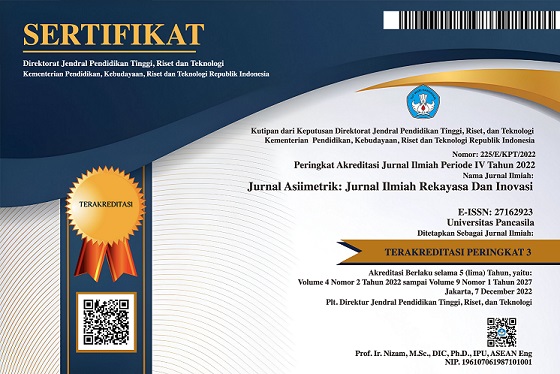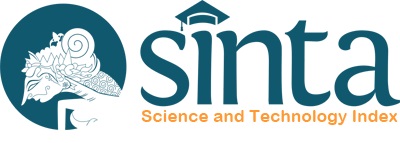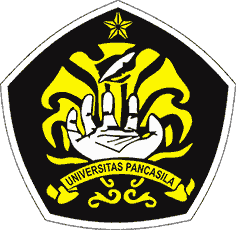Analisis Sentimen Opini Masyarakat Terhadap Keefektifan Pembelajaran Daring Selama Pandemi COVID-19 Menggunakan Naïve Bayes Classifier
DOI:
https://doi.org/10.35814/asiimetrik.v4i1.3577Keywords:
learning from home, Twitter, Naïve Bayes ClassifierAbstract
Since Indonesia was affected by the Covid-19 pandemic, one of the sectors affected was Education. The government makes an online learning system policy where the system is run with an online process. Not a few of them complained about the limitations of activities issued by the government. Twitter social media is often used to express opinions about concerns about programs issued by the government. The Twitter data crawling process was carried out using the hashtag "learning from home" to get as many as 1,000 datasets, followed by the process of removing duplicates which left 524 datasets and then carrying out the implementation stage of the Naïve Bayes Classifier Algorithm. The purpose of this study was to determine the number of positive and negative sentiments from the dataset labeling classification and to determine the accuracy results of using the Naïve Bayes Classifier method as well as the results of evaluation tests on positive and negative sentiment datasets. Based on the experiment, positive sentiment was obtained as many as 480 and negative sentiment as many as 44 out of 524 datasets. The accuracy results in the evaluation test process get results of 88.5% where negative sentiments get a precision value of 12%, recall 17%, and f1-score 14%, while positive sentiments get a precesion value of 95%, recall 93%, and f1 -score 94%.
Downloads
References
Cahyanti, A.F., Saptono, R. dan Sihwi, S.W. (2016) ‘Penentuan Model Terbaik pada Metode Naive Bayes Classifier dalam Menentukan Status Gizi Balita dengan Mempertimbangkan Independensi Parameter’, ITSMART: Jurnal Teknologi dan Informasi, 4(1), hal. 28–35.
Fauziyyah, A.K. dan Gautama, D.H. (2020) ‘Analisis sentimen pandemi Covid19 pada streaming Twitter dengan text mining Python’, Jurnal Ilmiah SINUS, 18(2), hal. 31–42.
Gormantara, A. (2020) ‘Analisis Sentimen Terhadap New Normal Era di Indonesia pada Twitter Menggunakan Metode Support Vector Machine’, in Konferensi Nasional Ilmu Komputer (KONIK) 2020. APTIKOM PROVINSI SULAWESI TENGGARA, hal. 1–5.
Indraswari, N.R. dan Kurniawan, Y.I. (2018) ‘Aplikasi prediksi usia kelahiran dengan metode naive bayes’, Simetris: Jurnal Teknik Mesin, Elektro dan Ilmu Komputer, 9(1), hal. 129–138.
Kadi, T. dan Awwaliyah, R. (2017) ‘Inovasi Pendidikan: Upaya Penyelesaian Problematika Pendidikan Di Indonesia’, Jurnal Islam Nusantara, 1(2), hal. 1–8.
Kusnayat, A., Muiz, Moh.H., dkk. (2020) ‘Pengaruh teknologi pembelajaran kuliah online di era Covid-19 dan dampaknya terhadap mental mahasiswa’, EduTeach: Jurnal Edukasi Dan Teknologi Pembelajaran, 1(2), hal. 153–165.
Latip, A. (2020) ‘Peran literasi teknologi informasi dan komunikasi pada pembelajaran jarak jauh di masa pandemi Covid-19’, EduTeach: Jurnal Edukasi dan Teknologi Pembelajaran, 1(2), hal. 108–116.
Nadia, R., Muslim, K. dan Nhita, F. (2018) ‘Analisis Dan Implementasi Algoritma Naive Bayes Classifier Terhadap Judul Berita Pemilihan Gubernur Jawa Barat 2018 Pada Media Online’, eProceedings of Engineering, 5(1), hal. 1678-1700.
Negara, E.S., Andryani, R. dan Saksono, P.H. (2016) ‘Analisis data twitter: Ekstraksi dan analisis data g eospasial’, INKOM Journal, 10(1), hal. 27–36.
Rachmat, A. dan Krisnadi, I. (2020) ‘Analisis efektifitas pembelajaran daring (online) untuk siswa SMK Negeri 8 Kota Tangerang pada saat pandemi covid 19’, Jurnal Pendidikan, 1(1), hal. 1–7.
Sulaeman, A.F., Supianto, A.A. dan Bachtiar, F.A. (2019) ‘Analisis Sentimen Opini Mahasiswa Terhadap Saran Evaluasi Kinerja Dosen Menggunakan TF-IDF dan Support Vector Machine’, Jurnal Pengembangan Teknologi Informasi dan Ilmu Komputer, 3(6), hal. 5647–5655.
Yunitasari, R. dan Hanifah, U. (2020) ‘Pengaruh pembelajaran daring terhadap minat belajar siswa pada masa covid 19’, Edukatif: Jurnal Ilmu Pendidikan, 2(3), hal. 232–243.





























